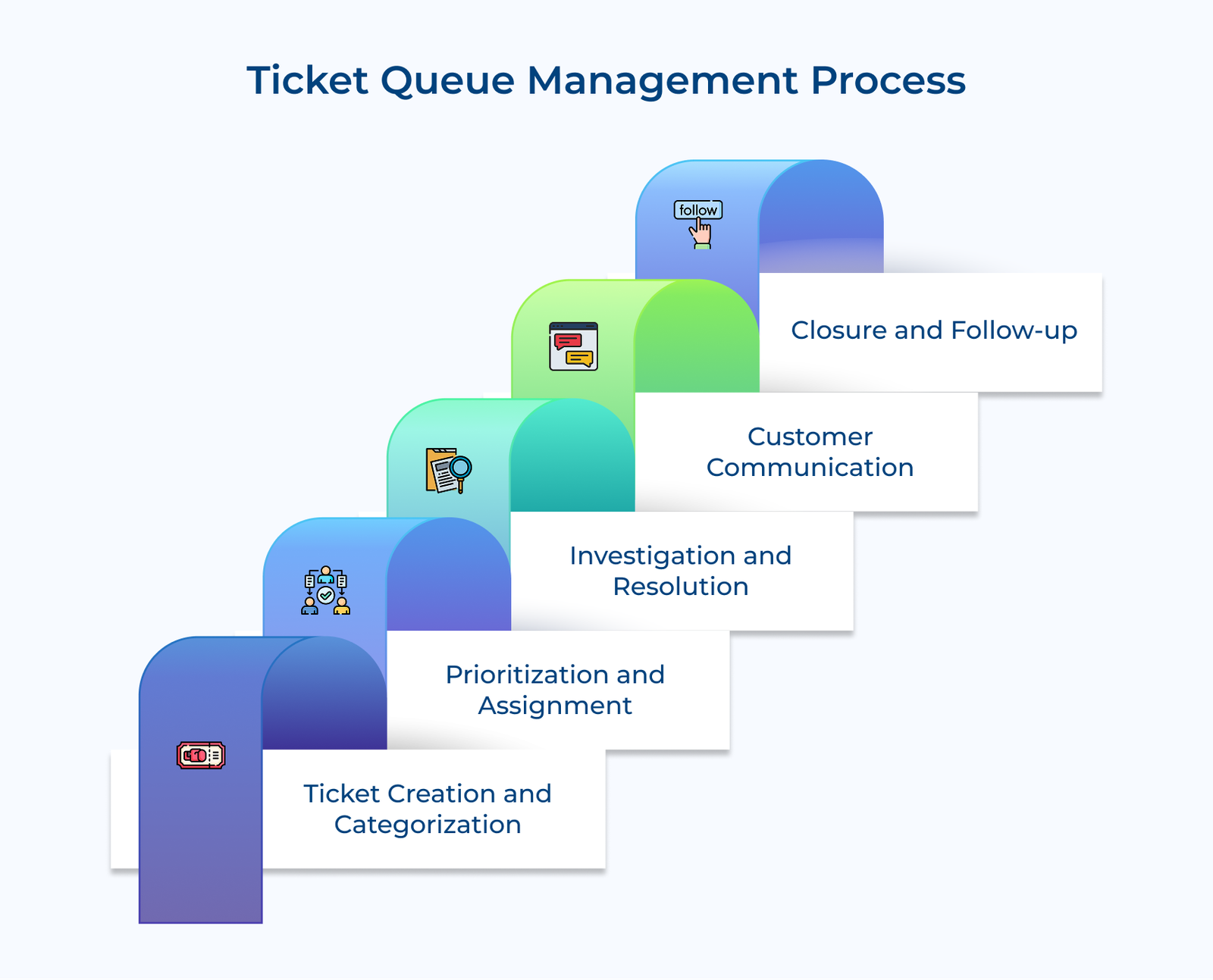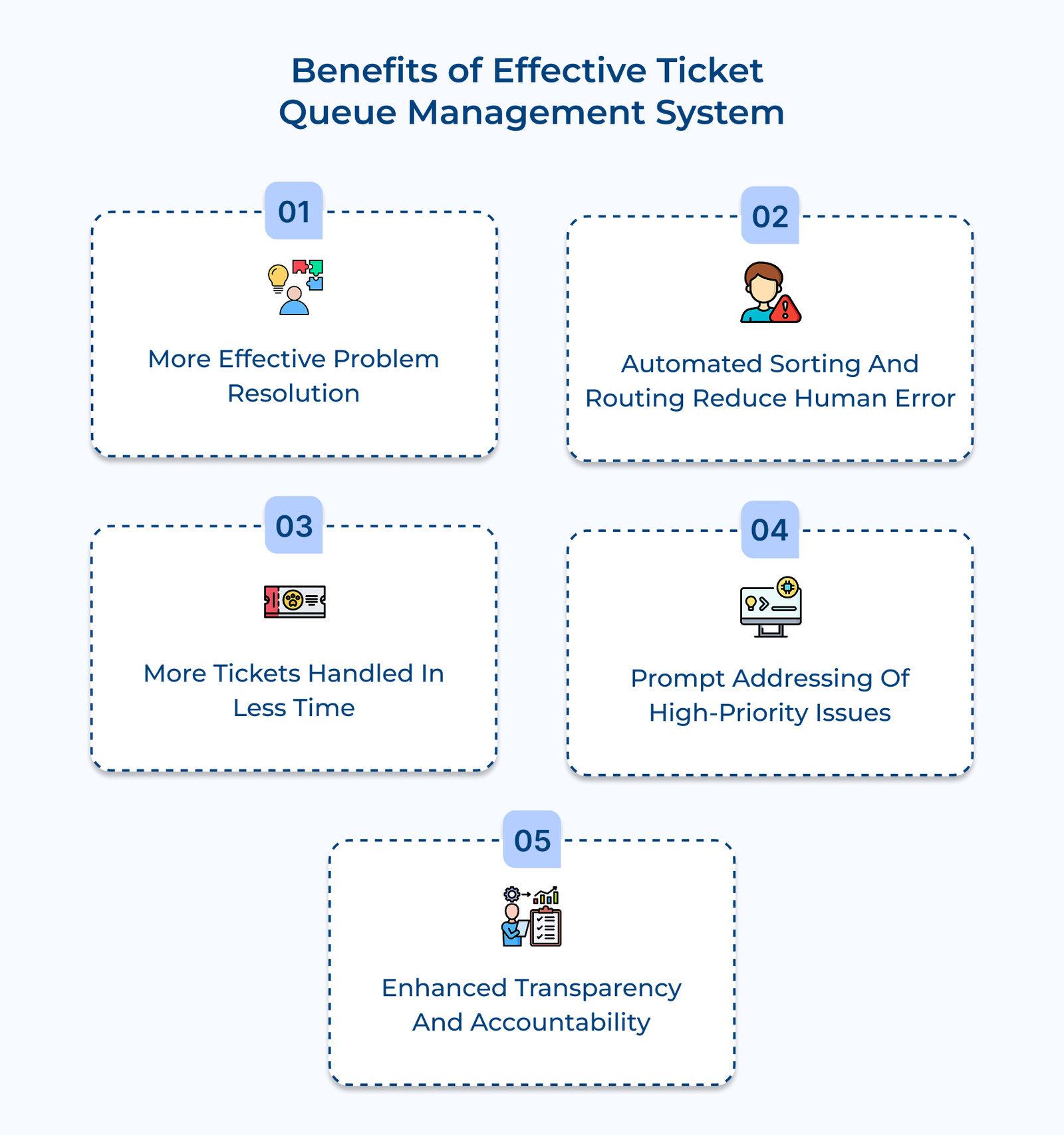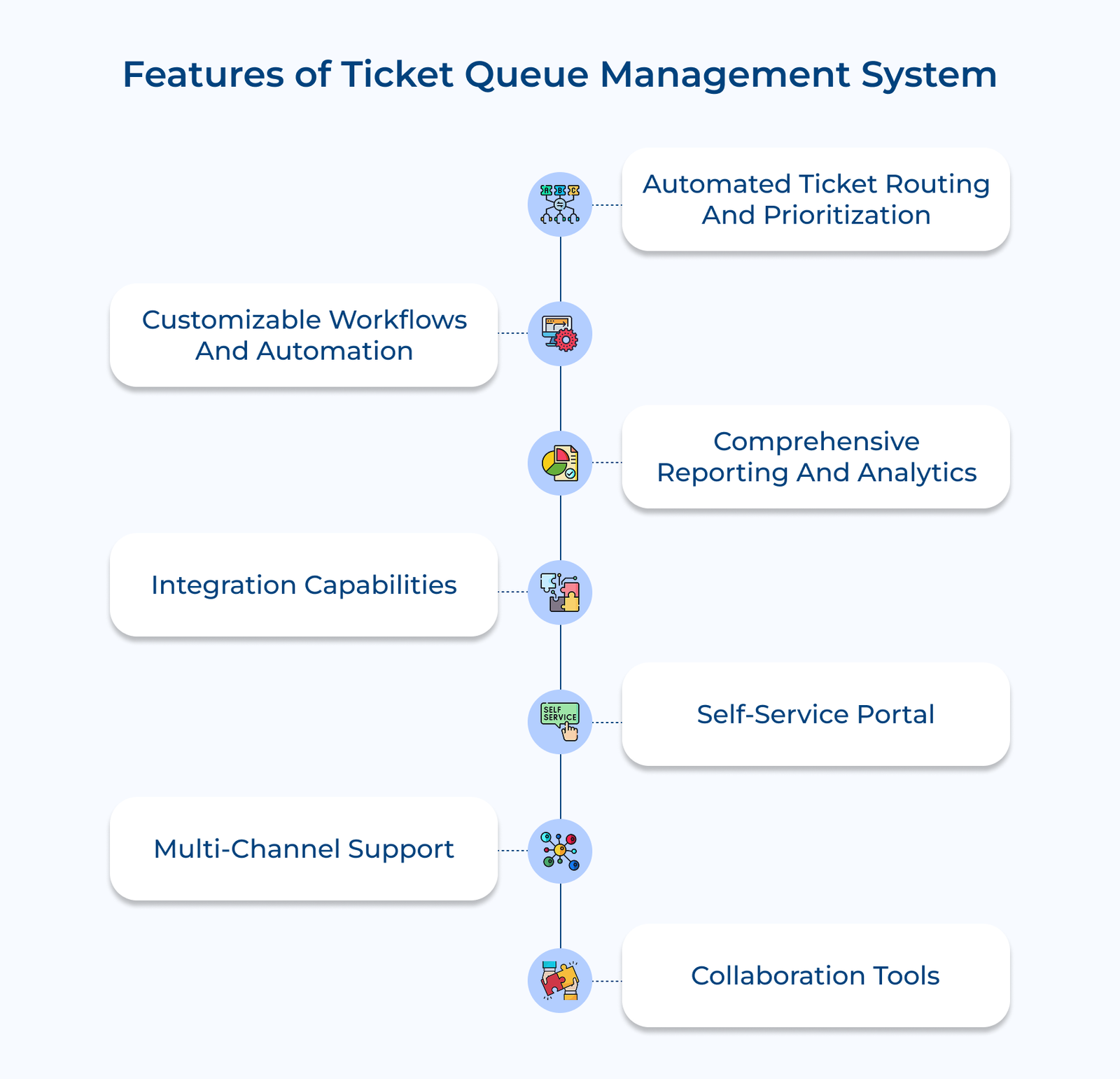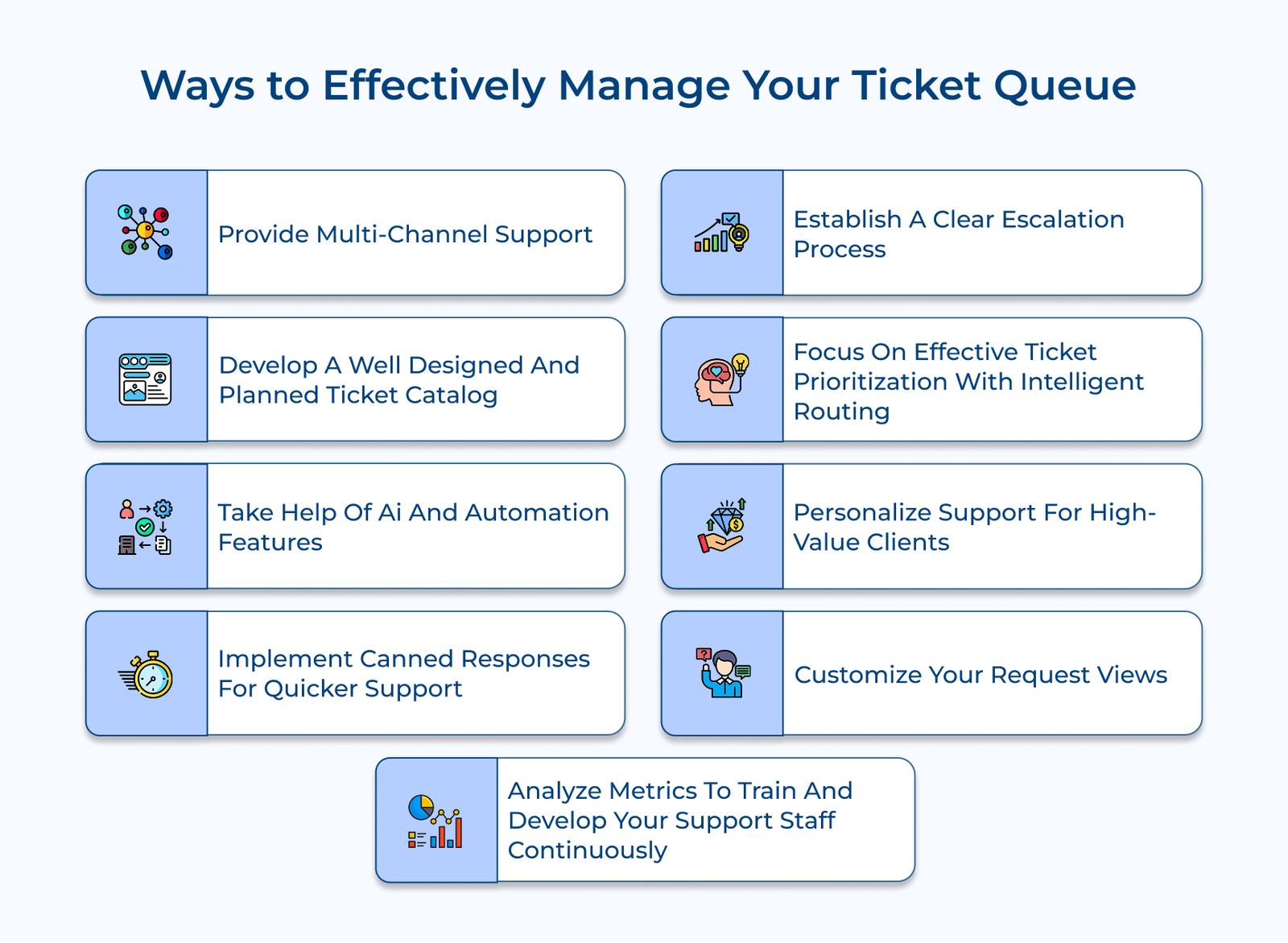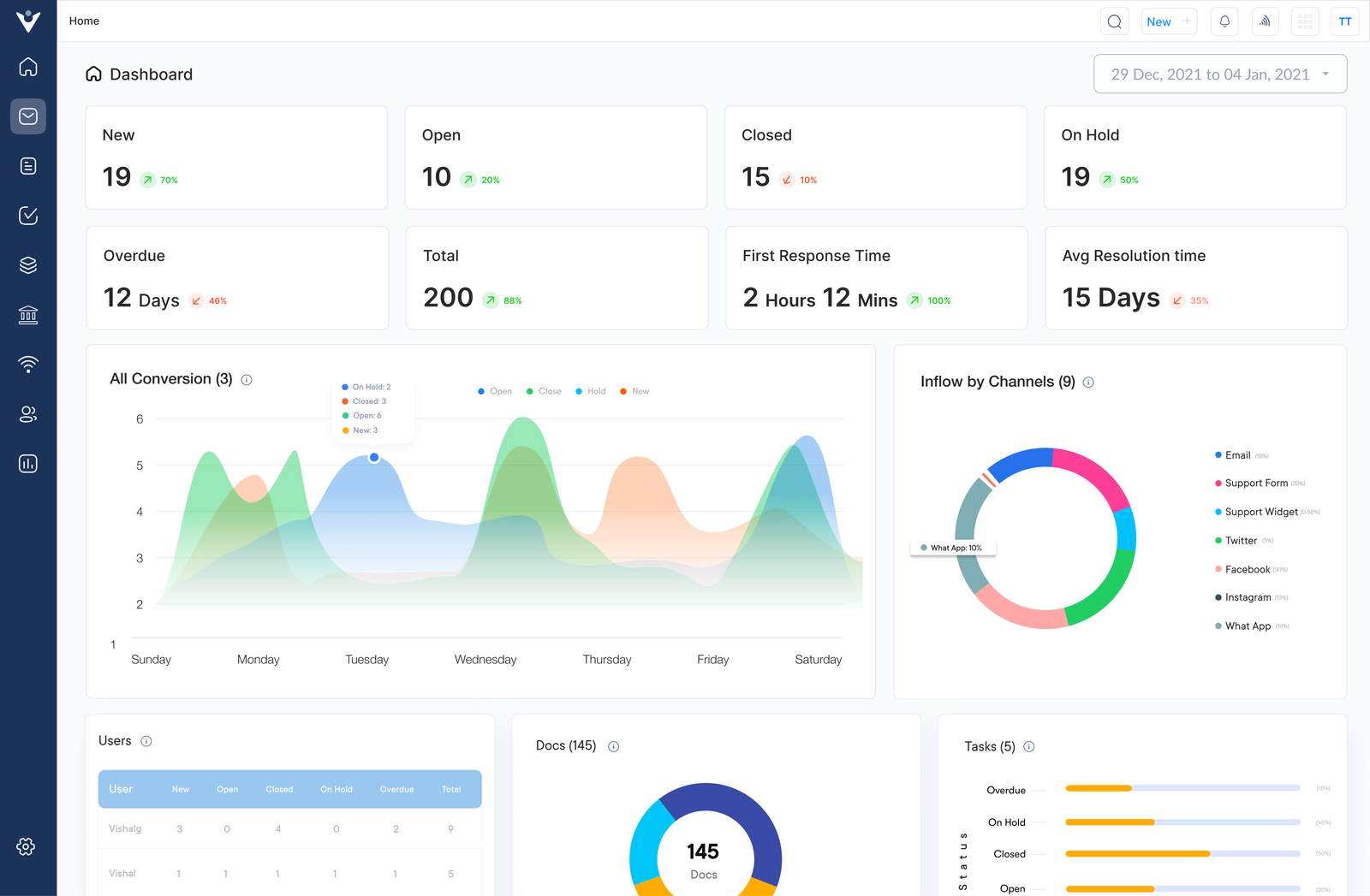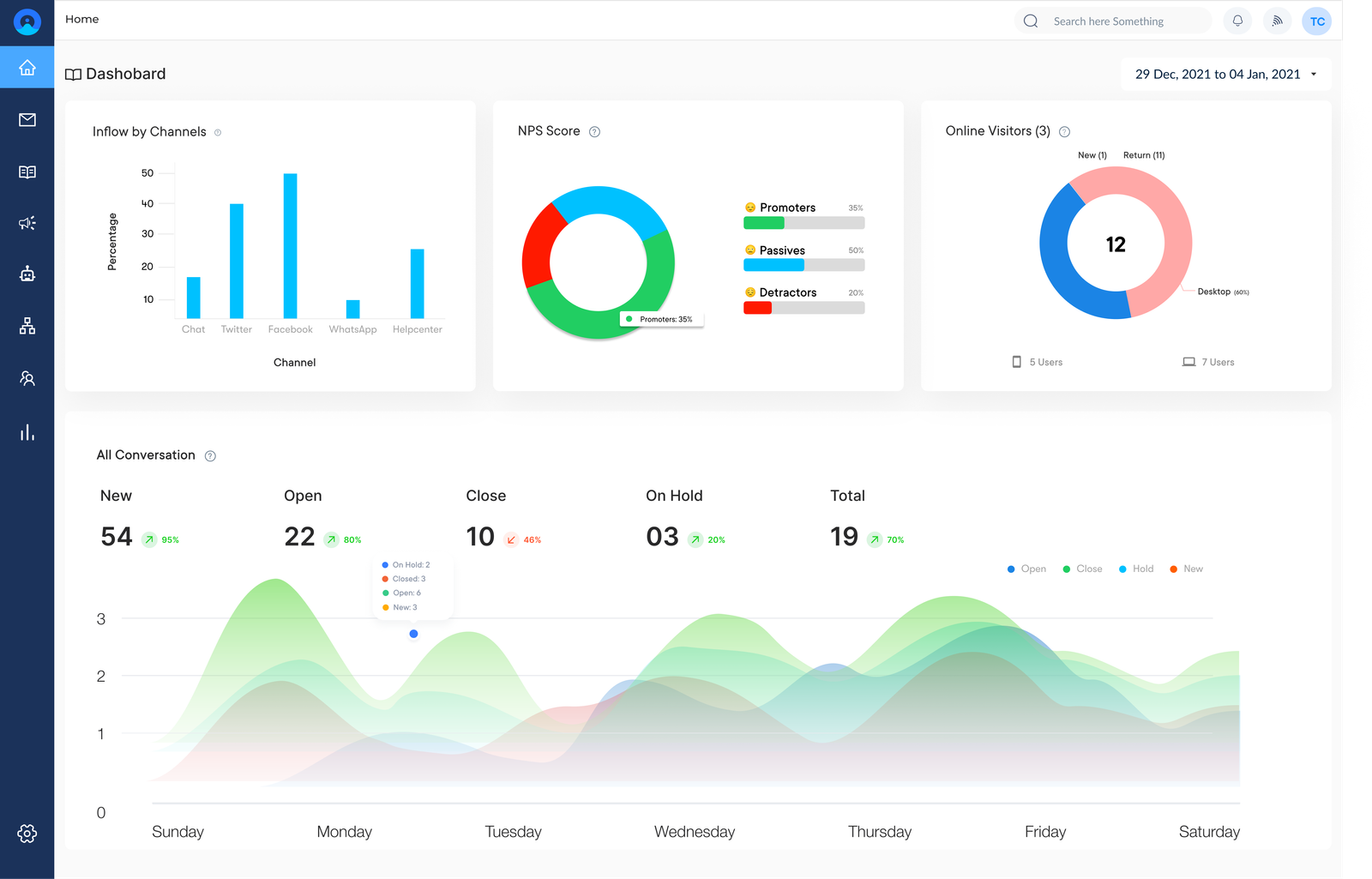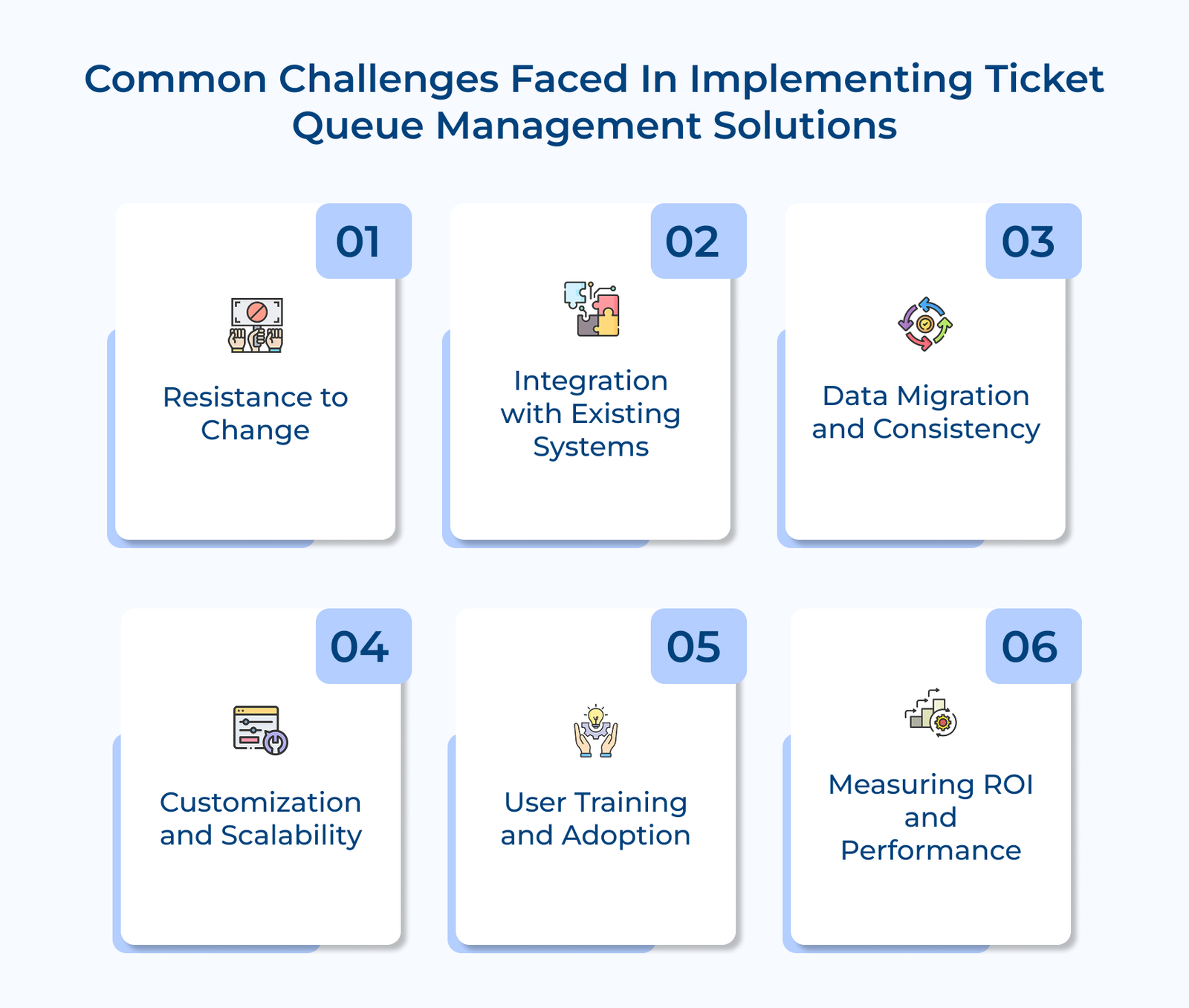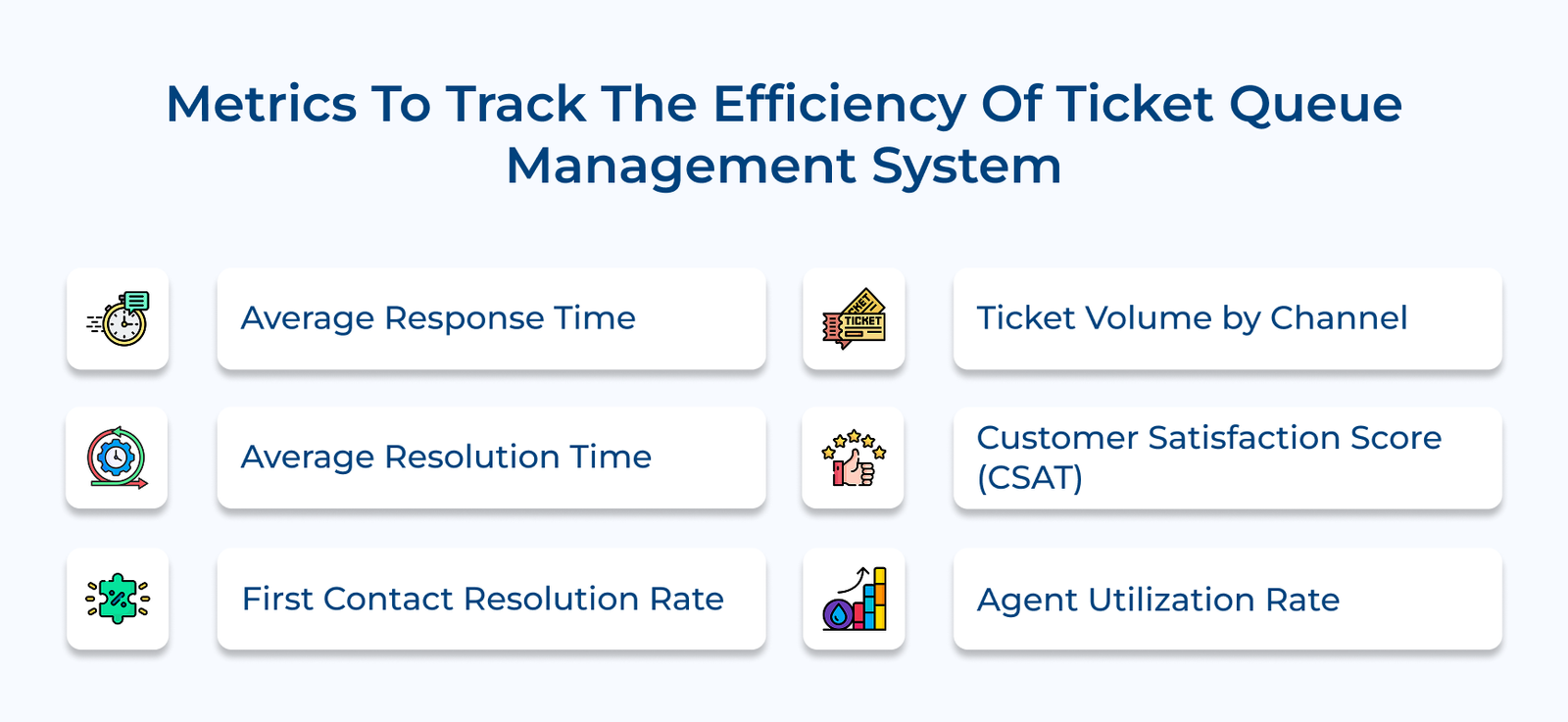1. Provide Multi-channel Support
Integrating communication channels like email, phone, chat, social media and self-service portals ensures seamless access to support teams. 90% of customers expect interaction with brands across multiple channels. Consistency across all touchpoints is key, to maintaining high service quality, response times and accurate information regardless of the channel.
The benefits of omnichannel support are significant. It boosts customer satisfaction by offering communication options while centralizing interactions in one system enhances efficiency. Support agents gain a holistic view of customer issues, leading to faster resolutions, increased loyalty and a stronger brand reputation.
Pro tips:
- Adopt a unified ticketing system that seamlessly integrates all communication channels.
- Empower support staff with training to deliver consistent responses across all platforms.
- Continuously assess channel performance to optimize resources and strengthen weak areas.
2. Develop a Well-designed and Planned Ticket Catalog
A well-organized ticket catalog is essential for streamlined support operations. It acts as a central hub for known issues, solutions and procedures, empowering support teams to tackle common problems swiftly.
The value of a structured catalog lies in its ability to standardize processes, shorten response times and ensure consistent problem-solving across the organization. Key elements of an effective ticket catalog include clear issue categorization, detailed resolution steps, relevant knowledge base articles and links to additional resources.
Actionable tips:
- Regularly audit the ticket catalog to keep information accurate and relevant.
- Use a tagging system for quick categorization and easy retrieval of ticket information.
- Empower support staff to enhance the catalog by documenting new issues and solutions.
3. Take the Help of AI and Automation Features
Utilizing AI and automation in ticket queue management dramatically boosts efficiency. AI-driven ticket sorting uses natural language processing to analyze incoming requests, automatically categorizing and routing them to the right department, minimizing delays.
Automated responses handle common inquiries, allowing support staff to concentrate on more complex issues. Predictive analytics leverage historical data and machine learning to foresee potential problems, enabling proactive support. The approach helps address issues before they escalate, enhancing customer satisfaction and reducing ticket volume overall.
Actionable tips:
- Deploy an AI-powered chatbot to tackle initial customer inquiries and deliver instant solutions.
- Machine learning algorithms constantly enhance the accuracy of ticket categorization.
- Establish automated alerts for potential issues detected through predictive analysis.
4. Implement Canned Responses for Quicker Support
Canned responses are pre-written replies designed to streamline communication and boost response times. They enhance efficiency, minimize typing errors and ensure a consistent tone across customer interactions. The approach is especially useful for routine inquiries, quick acknowledgments and standard procedures.
Identify common questions, craft clear answers and allow for customization to address the unique nuances of each inquiry to create effective canned responses. The balance between automation and personalization ensures quick, yet tailored support.
Actionable tips:
- Build a categorized library of canned responses based on issue types for quick and easy access.
- Empower support staff to personalize canned responses, adding a friendly touch to enhance customer interactions.
- Continuously assess the usage and impact of canned responses to refine their effectiveness.
5. Establish a Clear Escalation Process
A well-defined escalation process is essential for efficiently addressing complex or high-priority issues. It involves establishing specific criteria such as issue severity, customer status or resolution time that trigger an elevation to higher-level support. You ensure that critical problems receive the expertise they need promptly by creating a clear escalation hierarchy.
Training support staff on when and how to escalate tickets is important to make the process effective. Set up automated triggers in your ticketing system and ensure everyone understands their roles within the hierarchy. Maintaining open communication between support tiers and regularly reviewing the escalation process will help keep it responsive to evolving support needs.
Actionable tips:
- Design a visual flowchart of the escalation process and share it with the support team for easy reference.
- Implement automated notifications for tickets that meet escalation criteria to guarantee prompt attention.
- Regularly review escalated tickets to spot trends and enhance first-level resolution rates.
6. Focus on Effective Ticket Prioritization with Intelligent Routing
Effective ticket prioritization is crucial for managing support queues and ensuring urgent issues get prompt attention. Key criteria for prioritization include business impact, affected user count, contractual obligations and potential customer churn. Intelligent routing systems can automatically assign tickets to the right support agents based on their expertise, workload and availability.
Balancing workloads by distributing tickets not just by priority, but also by each agent’s current capacity is crucial. A strong system prevents high-performing agents from becoming overwhelmed while ensuring all team members are effectively utilized. Regular monitoring of routing rules is essential for maintaining the balance and optimizing team performance.
Actionable tips:
- Create a priority matrix that clearly outlines how various factors determine ticket urgency.
- Set up a real-time dashboard to track agent workloads and dynamically adjust ticket routing.
- Continuously assess routing rules using performance metrics and team feedback.
7. Personalize Support for High-value Clients
Identifying high-value clients involves assessing contract value, strategic importance, growth potential and past support needs. Once flagged in the support system, the clients can receive tailored strategies such as dedicated account managers, priority queuing, extended support hours and proactive check-ins to prevent issues from escalating.
Balancing personalized service with fair queue management is vital. While prioritizing high-value clients, it’s crucial not to compromise the satisfaction of other customers. Implementing tiered support levels, setting clear response time expectations and monitoring the effects of personalization on metrics helps maintain the equilibrium.
Actionable tips:
- Implement VIP tags in your ticketing system to quickly spotlight high-value clients for prioritized support.
- Create tailored training programs for agents managing high-value accounts to enhance their support skills.
- Schedule regular check-in meetings with high-value clients to meet their needs proactively.
8. Customize Your Request Views
Customized views in ticket management systems empower support teams to focus on what matters most. Agents can swiftly tackle their workload by tailoring views to highlight specific ticket types, priorities or statuses. Useful custom views might include unassigned high-priority tickets, aging tickets at risk of breaching SLAs or those related to specific products.
Understanding the unique needs of various support roles is essential to effectively implementing the views. It could mean creating views for team leads to monitor queue health, specialists to hone in on their expertise or agents to manage daily tasks. Regularly refining the views based on user feedback ensures they remain relevant and efficient.
Actionable tips:
- Host workshops with support teams to discover the most valuable custom views for each role.
- Develop a user-friendly guide or tutorial to empower team members to effortlessly create and customize their views.
- Hold regular reviews to evaluate the effectiveness of current views and uncover opportunities for new ones.
9. Analyze Metrics to Train and Develop Your Support Staff Continuously
Key metrics for effective ticket queue management include average response time, resolution time, first contact resolution rate, customer satisfaction scores and ticket backlog. The indicators offer valuable insights into support operation’s efficiency and effectiveness.
Set benchmarks and track metrics to enhance performance. Ongoing training based on analytics keeps support staff aligned with organizational goals and customer needs. It includes addressing common knowledge gaps identified through ticket data, creating targeted training modules and providing personalized coaching based on individual performance.
Actionable tips:
- Set up a real-time dashboard showcasing key performance metrics for both individual agents and teams.
- Hold monthly performance reviews to leverage data-driven insights for identifying training needs.
- Establish a knowledge-sharing platform for top-performing agents to exchange best practices
- based on their metrics.
Top 5 Ticket Management Software
We will explore the top 5 ticket management software solutions, each designed to help your organization manage support tickets more efficiently.
1. Veemo Support






